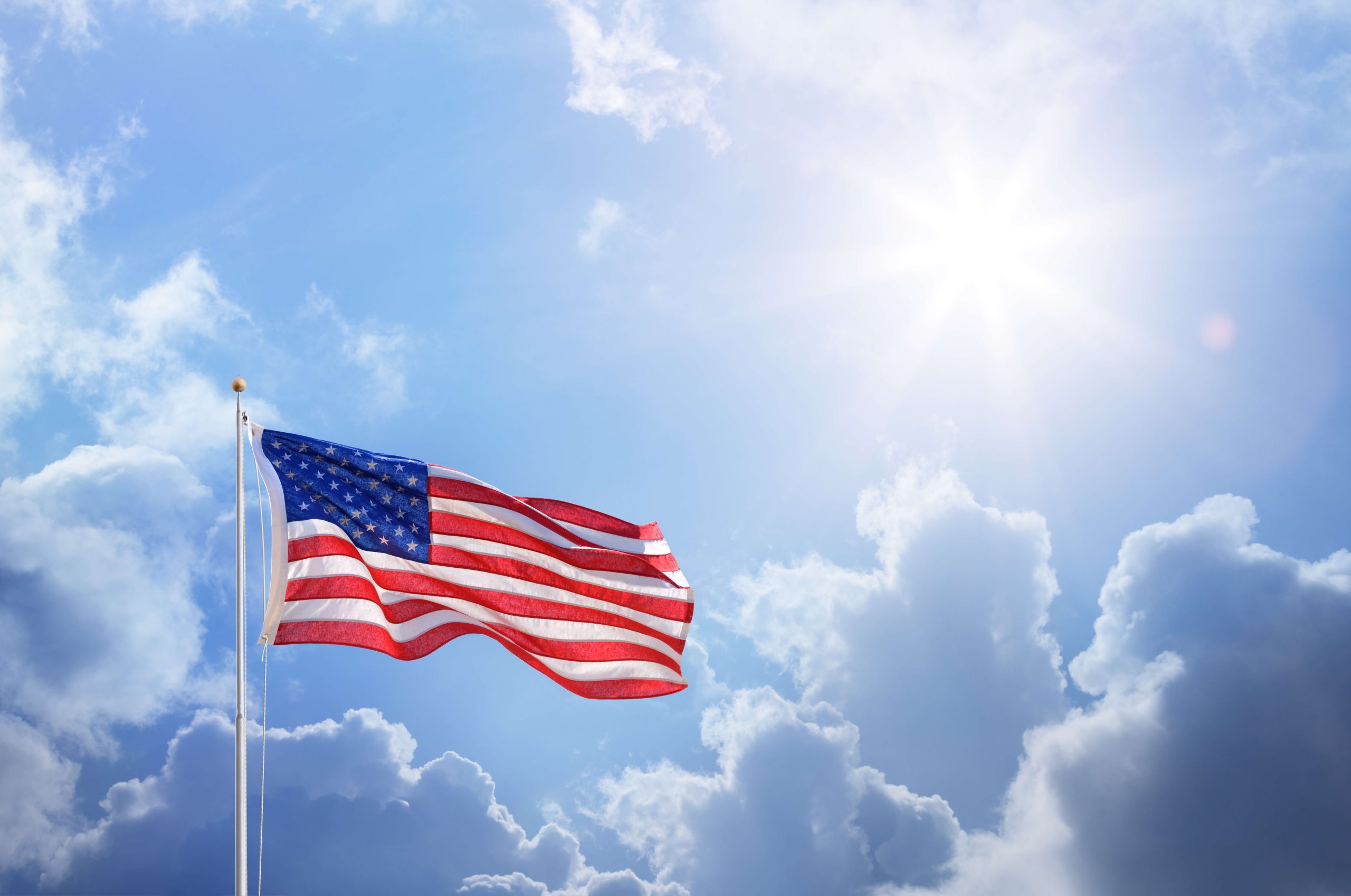The Heat Is On. Again. On June 16, 2025, the Occupational Safety and Health Administration (OSHA) will commence its informal public hearing on its “Heat Injury and Illness Prevention in Outdoor and Indoor Work Settings” proposed rule, which was issued on August 30, 2024. The hearing, at which dozens of stakeholders are scheduled to appear, will continue through July 2, 2025. The time, effort, and expenses necessary to conduct a twelve-day hearing are perhaps an indication that OSHA is not ready to completely abandon the regulatory proposal developed by the previous administration. Indeed, the administration may very well determine that issuing its own heat standard could be practically and politically expedient. However, even if OSHA decides to proceed with a more flexible heat standard, it is unclear at this time whether the agency can simply finalize such a standard as a “logical outgrowth” of the initial proposal, or whether it will issue a new proposed rule. And as John D. Surma explains, OSHA will also have to contend with developing the rule without the input of the National Institute of Occupational Safety and Health’s team of heat experts, who were all laid off.
Republican Senator Fights for $15. This week, Republican Senator Josh Hawley (MO) joined Democratic Senator Peter Welch (VT) in introducing the “Higher Wages for American Workers Act.” The bill would increase the federal minimum wage from $7.25 per hour to $15 per hour with no phase-in period. The hourly wage would then be adjusted in subsequent years to account for inflation. An identically named bill was introduced by Republicans in 2023, which would have gradually increased the federal minimum age, but also would have mandated employers’ use of E-Verify and would have increased penalties for I-9 violations. Senator Hawley was not a cosponsor of that 2023 bill.
Politics make for strange bedfellows, and this isn’t the first time this congressional session that Senator Hawley has teamed up with a Democrat to introduce legislation that is out of step with traditional Republican policy priorities. In March of this year, Senator Hawley—along with several Democratic senators—introduced the Faster Labor Contracts Act, which would allow the federal government to set the terms of collective bargaining agreements.
USCIS Nominee on the Move. On June 12, 2025, the U.S. Senate Committee on the Judiciary advanced the nomination of Joseph Edlow, to be director of U.S. Citizenship and Immigration Services. The Buzz recently discussed Edlow’s confirmation hearing before the committee during which he noted that he would like to limit employment opportunities for F-1 students. Edlow’s nomination now heads to the floor of the U.S. Senate.
House Committee Examines NLRB. On June 11, 2025, the U.S. House of Representatives Committee on Education and the Workforce’s Subcommittee on Health, Employment, Labor, and Pensions held a hearing entitled, “Restoring Balance: Ensuring Fairness and Transparency at the NLRB.” The hearing focused on the current state of labor law and enforcement under the National Labor Relations Board (NLRB). Legislators asked and witnesses answered questions regarding card check vs. secret ballot unionization elections and the Biden administration’s blocking charge rules. Many witnesses emphasized the importance of “prioritiz[ing] worker enfranchisement” and promoting employee free choice within the National Labor Relations Act. Others discussed the NLRB’s 2024 broader joint-employer rule, which Committee Chairman Rep. Rick Allen (R-GA) argued could harm the franchise business model. Republican members and their witnesses discussed legislation introduced to advance these issues including the Workers’ Choice Act, Modern Worker Empowerment Act, and the National Right to Work Act. Democrats and their witnesses noted the continued lack of a quorum on the NLRB and its impact on enforcement and union election cases.
DOL Official Sheds Light on IC Regulatory Future. Deputy Secretary of Labor Keith Sonderling penned an op-ed this week warning stakeholders about a pending effort at the International Labour Organization (ILO) “to make [California’] AB 5 the global gold standard for the gig economy.” The concern, Deputy Secretary Sonderling writes, is that the ILO will force self-employed entrepreneurs into rigid employment roles where they will lose the ability to control when and where they work. The piece notes that adopting such a standard would threaten freelancers and entrepreneurs and “would force U.S. companies to scale back or shut down operations abroad.” The article comes on the heels of DOL’s May 1, 2025, field assistance bulletin (FAB) advising Wage and Hour Division officials to refrain from enforcing the 2024 Fair Labor Standards Act (FLSA) independent contractor regulation while it reconsiders the rule. The opinion piece and the FAB are pretty clear indications that we can expect the DOL to rescind the 2024 independent contractor rule.
Legislators Swing for the Fences. Lawmakers took to the baseball diamond this week, as the Republicans beat the Democrats, 13–2, in the annual Congressional Baseball Game. This is the fifth year in a row that Republicans have won the game, with House Republican Greg Steube (R-FL)—who played baseball for the University of Florida—starting all of those games. Through fundraising and ticket sales, the game raised more than $2.81 million for charity.
The first Congressional Baseball Game was played in 1909 and was organized by Pennsylvania representative and former professional baseball player, John K. Tener. At times, the game has been so popular that it has distracted legislators from their work. In 1914, Speaker of the House James Beauchamp “Champ” Clark had to deploy the Sergeant at Arms to the baseball field to return the players to the House Chamber for legislative work. Over the years, the game has been canceled due to the Great Depression, wars, and for becoming too physical. However, the game has been played annually since 1962 (except for 2020), with Republicans winning thirty-eight times and Democrats winning twenty-three times. (One game ended in a tie.)





